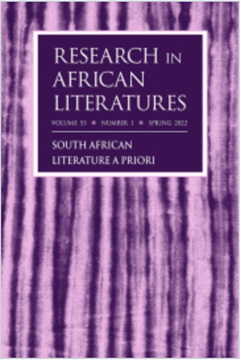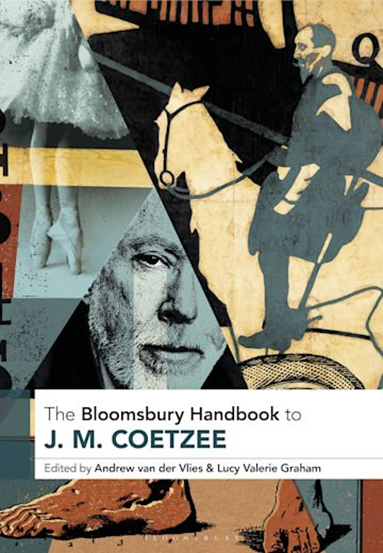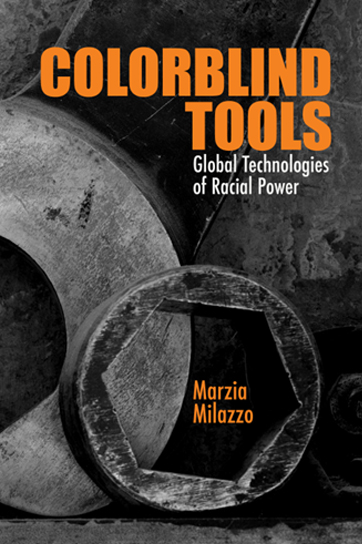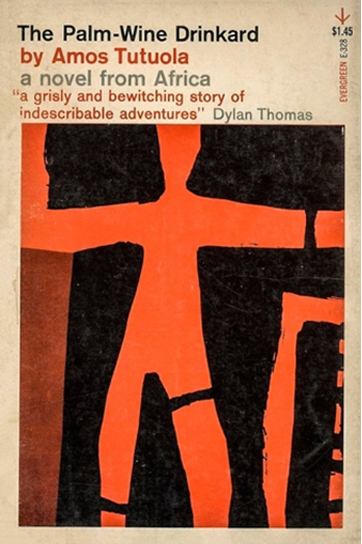Research
Home » Faculties of Humanities » Departments » English »Some recent research:
The English Department at the University of Johannesburg is a department rich in diverse interests and ideas. Our areas of specialisation range from contemporary South African literature to theories of identity, from the Caribbean to the rest of the African diaspora, from Victorian literature to American literature, literature from the Global North to the Global South. We explore different time periods and forms such as: poetry, novels, drama, essays, autobiographies, autoethnographies, popular cultures, literary and cultural theories, film and other diverse cultural forms. Some of the recent publications in this dynamic department are listed below:

Research in African Literatures special issue:
South African Literature Apriori. Guest edited by Ronit Frenkel and Sikhumbuzo Mngadi, with articles by Thabo Tsehloane, Minesh Dass and Lucy Graham too!
This special edition examines South African literature and the theoretical conceptions that define South African literary production from 2012 onwards, with each article in this edition reflecting a dominant concern. This special issue outlines the ambiguous operational logic of South African literature after Marikana, in a context of historical hauntings and ghostly silences where the utopian and dystopian intertwine.

The Bloomsbury Handbook to J.M. Coetzee. Co-edited with Andrew van der Vlies. London: Bloomsbury, 2023.
M. Coetzee – novelist, essayist, public intellectual, and Nobel Laureate in Literature (2003) – is widely recognized as one of the towering literary figures of the last half century. With chapters written by leading and emerging scholars from across the world, The Bloomsbury Handbook to J. M. Coetzeeoffers the most comprehensive available exploration of the variety, range and significance of his work.
The volume covers a wealth of topics, including:
- The full span of Coetzee’s work from his poetry to his essays and major fiction, including Waiting for the Barbarians, Disgrace and the Jesus novels
- Biographical details and archival approaches
- Coetzee’s sources and influences, including engagements with Modernism, South African, Australian, Russian and Latin American literatures
- Interdisciplinary perspectives, including on visual cultures, music, philosophy, computational systems and translation.
The Bloomsbury Handbook to J. M. Coetzeeprovides indispensable scholarly perspectives, covers emerging debates and maps the future direction of Coetzee studies.

Marzia Milazzo:
Focusing on Brazil, Cuba, Mexico, Panama, the United States, and South Africa, Marzia Milazzo’s book Colorblind Tools: Global Technologies of Racial Power (Northwestern UP, 2022) shows how white people disavow racism across national boundaries to maintain power and how anti-Black and colonial logics can be reproduced even in some decolonial literatures. The book won the 2023 Association for Ethnic Studies Outstanding Book Award!

Nedine Moonsamy:
Chapter published in Literary Afrofuturism in the Twenty-First Century
We often read African writers of science fiction as imitating a Western genre. In response to this line of thinking – and working against the over-determined reading of Amos Tutuola as an African fabulist – I contend that The Palm-wine Drinkard is one at home in the global lexicon of Science Fiction (SF). Deploying Samuel R. Delany’s linguistic exegesis of genre, I illustrate how Tutuola takes great pains to domesticate the fantastic by embedding it in an empirical reality. I thus opine that The Palm-wine Drinkard can suitably be classified as a pioneering work of African SF, making this chapter germane in contextualizing Tutuola as a global participant in popular genre fiction. This research was further disseminated on online platforms like ‘The Conversation Africa’, ‘Quartz Africa’ , ‘Scroll.in’ and the Mail and Guardian.
